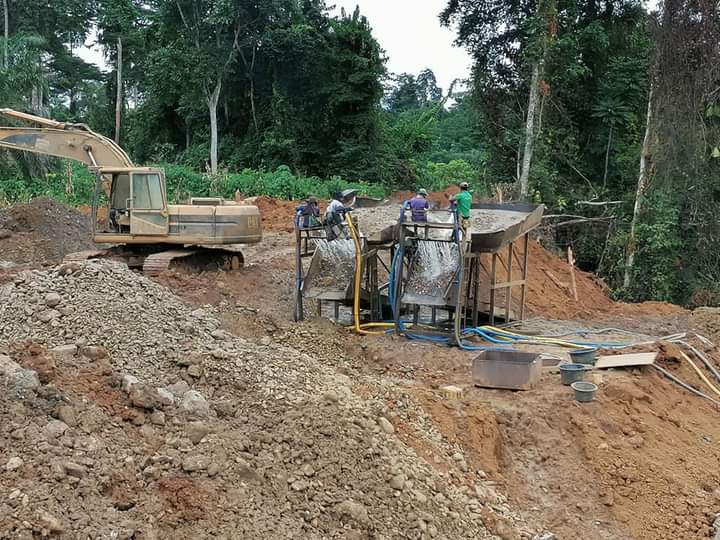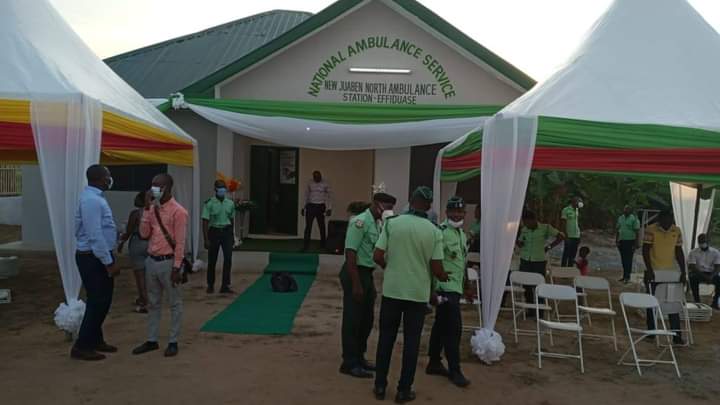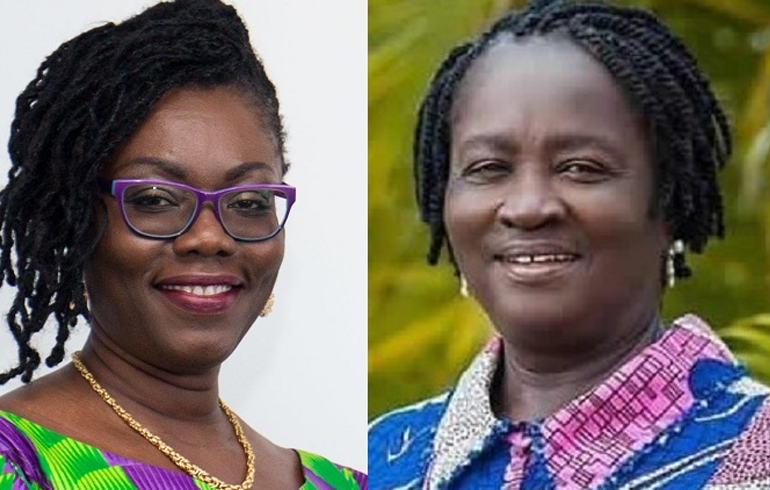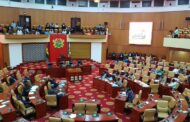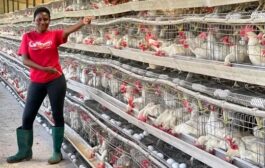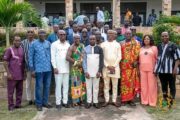Illegal mining has resurfaced with impunity in Kwaebibirem District of the Eastern Region threatening the success of the reclamation program being implemented by the government of Japan and the Food and Agriculture Organization (FAO)
The miners, under the guise of community mining, are degrading large hectares of land as they violate the best mining practice.
Many farms have been invaded by these miners who are digging haphazardly destroying farm produce and Palmnut plantation which are the mainstay of farmers.
Kwaebibirem is one of the beneficiary Communities of the Food and Agriculture Organization of the United Nations (FAO) with funding from the Japan Government project designed to provide support to the government of Ghana’s efforts to reclaim mine degraded cocoa landscapes.
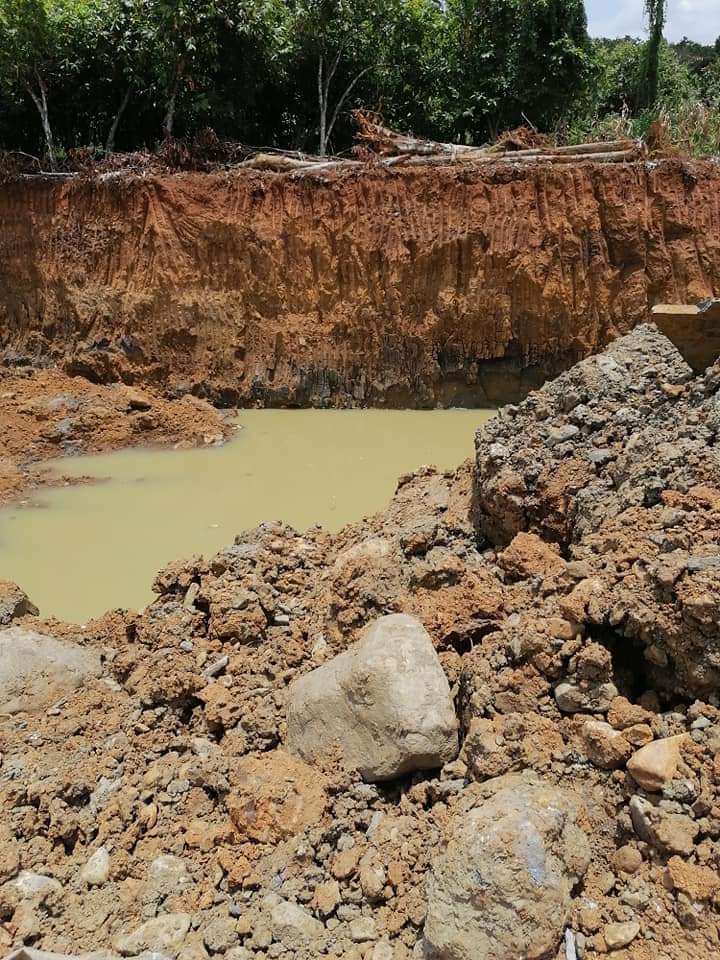
Illegal small-scale mining also is known as Galamsey in Ghana has resulted in the destruction of cocoa farms, loss of forest cover, land and water pollution, and loss of biodiversity. The situation is even worse in cocoa-growing areas where large tracts of cocoa farms are destroyed resulting in loss of livelihoods of smallholder cocoa farmers.
The Project, “Recovery of Environment and Livelihoods of Smallholder Farmers Affected by Illegal Mining and Improvement of Climate Resilience and Food Security through Sustainable Cocoa Production with Successional and Diversified Agroforestry in Ghana (GCP /GHA/031/JPN)’’, is aimed at helping to restore forest and biodiversity, promote cocoa-based agroforestry and buffer the effect of climate change and sustainably improve livelihoods of small-scale cocoa farmers.
The Government of Japan supports the Government of Ghana through the Food and Agriculture Organization of the United Nations (FAO) with the contribution of US$800,000 in the effort to promote climate resilience and sustainable cocoa production using successional and diversified cocoa-based agroforestry while restoring the environment and livelihoods of smallholder cocoa farmers affected by illegal mining.
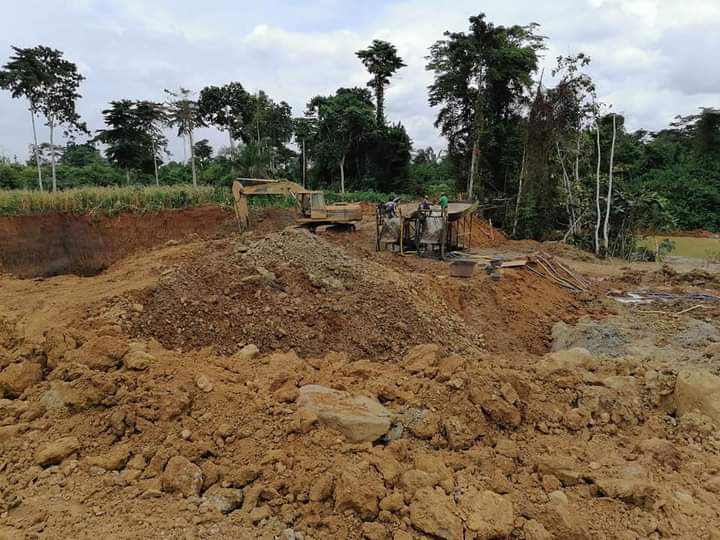
According to the preliminary survey by Ghana Cocoa Board (COCOBOD), illegal mining-affected at least 16,468.51ha of cocoa farmlands degraded, the livelihoods on 84,635 smallholder farmers, loosing at least US$27 million worth cocoa beans every year.
Source: Mybrytfmonline/Obed Ansah



